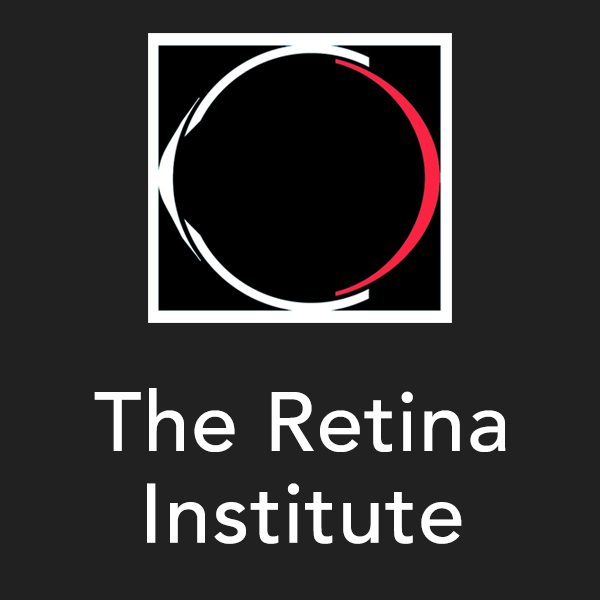Appointment & Physician FAQ
If your still feel that any of your questions have not been adequately addressed, please call our office and one of our friendly staff members will connect you with the department best suited to assist you. 314-367-1181
How long will my appointment take?
Your appointment may take one to four hours for an initial visit, and one to three hours for a return appointment. Your visit may take much longer if extensive tests are required or you have a complex problem.
If you are seen as an emergency, you will be worked into the office schedule and will be seen as soon as possible. Occasionally this may necessitate a delay.
Will my eyes be dilated?
All appointments begin with a technician, who will perform an initial examination. There will be a period of time necessary for this evaluation and subsequent dilation of your eyes prior to examination by the physician.
What does an eye doctor do during an eye exam?
Eye exams may vary from person to person, but here are a few common things we may do during a routine exam:
- Fully review your family history of eye health
- Determine your visual acuity
- Confirm your intraocular pressure
- Examine your pupils' response to light
- Dilate your eyes to properly examine the posterior structures of the eye.
Can I drive with my eyes dilated?
The pupils of both eyes will be dilated. You may wish to have someone accompany you to drive you home as your vision may remain blurred for several hours after dilation. Wearing sunglasses will make you more comfortable when you leave the office.
When should my child's eyes be examined?
The American Academy of Ophthalmology and the American Academy of Pediatrics recommend that the first vision screening be conducted for a newborn prior to being discharged from the hospital. Visual function will be monitored by your child's pediatrician during well-child exams (usually at two, four and six months of age). If there are any signs of an eye condition, your child may be referred to an optometrist or an ophthalmologist. Beginning at three years of age (and yearly after five years of age), amblyopia (poor vision in an otherwise normal appearing eye), refractive and alignment screenings should take place. If you notice any signs of decreased vision or misalignment of the eye, please contact your ophthalmologist for a complete eye examination.
When should an adult's eyes be examined?
We recommend adult examinations of the eyes be performed on a regular basis. Below is the recommended time line of how often an adult should receive an eye examination.
- Ages 20-39: Every three to five years
- Ages 40-65: Every two to four years
- Ages 65 and older: Every one to two years
What is the difference between an optometrist and an ophthalmologist?
Optometrists are different from ophthalmologists. Optometrists are specifically educated in an accredited optometry college for four years, but they do not attend medical school. Optometrists may diagnose eye conditions; however, they are usually not licensed to perform surgical eye treatment procedures.
Ophthalmologists provide comprehensive eye care, including medical, surgical and optical care. They must complete four years of premedical college, four years of medical school, one year of internship and three years of medical and surgical training in eye care.
When should I choose an optometrist and when should I choose an ophthalmologist?
An optometrist is a licensed doctor whose expertise is examining and diagnosing eye diseases, rather than treating them. They do, however, have the ability to examine, diagnose and treat visual conditions, and are able to prescribe glasses and contact lenses.
Ophthalmologists, on the other hand, are Medical Doctors who specialize in vision care. They are skilled in providing a full range of eye care including delicate eye surgery.

